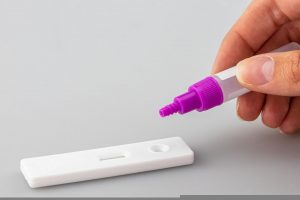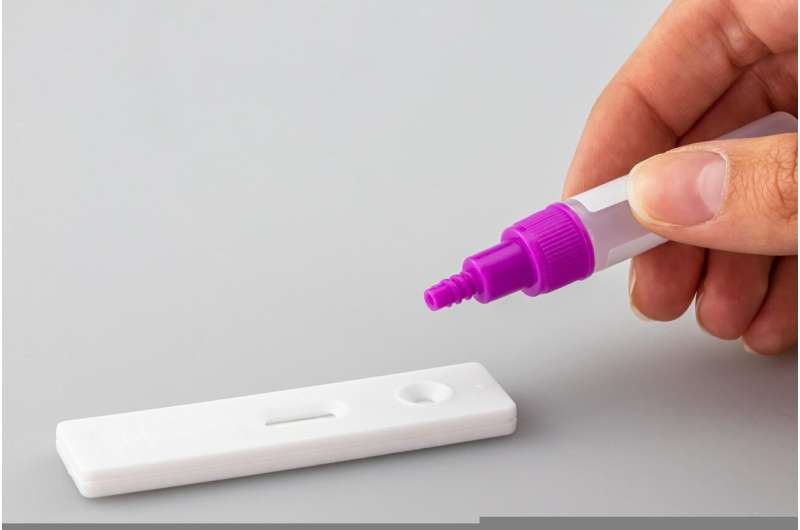Roche develops monkeypox PCR tests


Swiss pharmaceutical giant Roche said Wednesday it had come up with PCR tests that can detect monkeypox, as the virus spreads outside endemic countries.
Roche and its subsidiary TIB Molbiol have developed three test kits which are for use by researchers in most countries worldwide, the Basel-based firm said.
The first kit detects viruses in the wider orthopoxvirus group. The second detects monkeypox viruses only, while the third detects both simultaneously.
“Roche has very quickly developed a new suite of tests that detect the monkeypox virus and aid in following its epidemiologic spread,” said diagnostics chief Thomas Schinecker.
“Diagnostic tools are crucial for responding to and ultimately controlling emerging public health challenges as they advance response measures such as tracing efforts and treatment strategies.”
Roche said the research test kits could assess the spread of the virus and help monitor the potential impact of treatments, vaccines and public health measures.
The World Health Organization said that as of May 22, more than 250 confirmed and suspected cases had been officially reported to the UN health agency from 16 countries outside endemic nations in west and central Africa.
The WHO says a polymerase chain reaction (PCR) test is the “preferred laboratory test given its accuracy and sensitivity”. For this, optimal samples are from skin lesions and dry crusts.
It says PCR blood tests are usually inconclusive and should not be routinely collected from patients.
The WHO says antigen and antibody detection methods do not distinguish between orthopoxviruses.
WHO emergencies director Michael Ryan said Wednesday that countries had been sharing information that was allowing the agency to better understand the spread of monkeypox.
He said its origins at the animal-human interface had not been properly controlled, “and we’re paying a price now in monkeypox for an unmanaged, endemic disease which we do not fully understand”.
Source: Read Full Article




